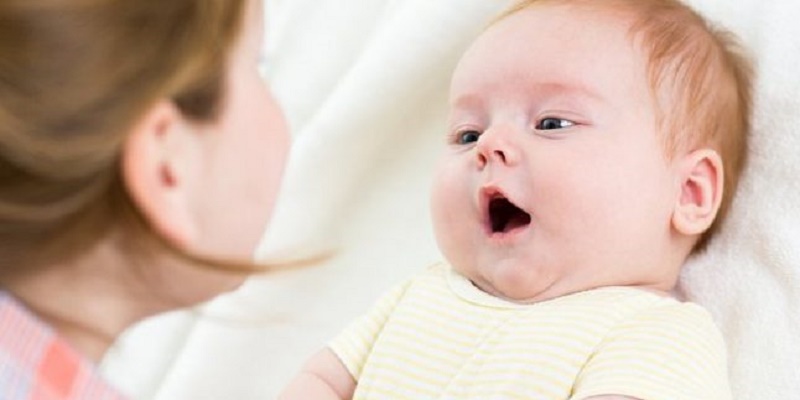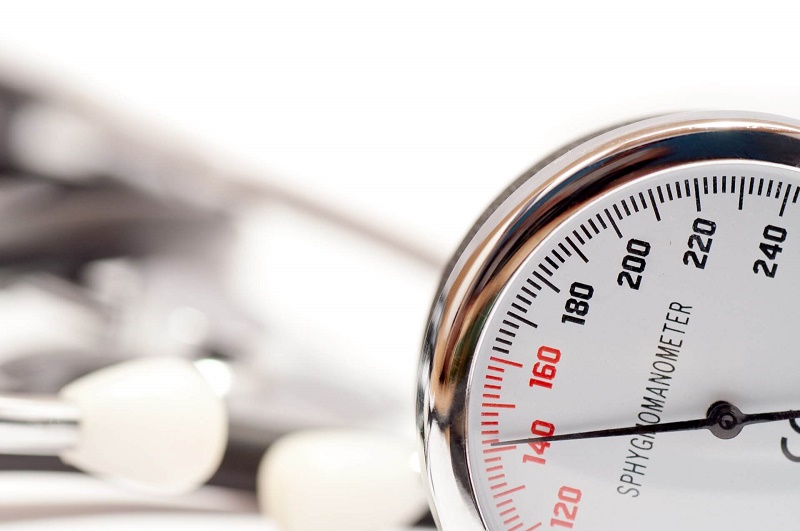Babies have hiccups practically from the first days of life, even before. The fetus can hiccup from 2 months of age in the uterus. Hiccup does not cause any harm or pain to the newborn. It is more of a common concern of parents. The hiccup usually disappears by itself. In this article, we explain how to get rid of hiccups in babies.
How to get rid of hiccups in babies?

Babies usually have hiccups even before they are born. Some pregnant women even feel the fetus inside their womb. In fact, the fetus may have hiccups from 2 months of life in the uterus. Keep reading: Aerobic heart rate (walk) according to age
There are many theories about why hiccups occur, but none is entirely clear. Hiccups have existed for hundreds of years. For some scientists, it is related to the evolution of man and his adaptation to the environment. Our ancestors lived in the water.
Hiccups occur in many mammals, being more frequent in infants. Its mechanism is very similar to that used by tadpoles. Hence, it is thought that it is a way to prepare respiratory muscles to breathe after birth. Another theory states that it occurs as a result of swallowing amniotic fluid.
After birth, virtually all babies have hiccups, being more frequent during the first 6 months of life. It usually lasts longer in babies than in adults and usually disappears after 10-15 minutes.
It is a natural phenomenon, probably much more annoying for parents than for the baby itself. It is not a sign of any type of disease or condition.
What are hiccups?

The hiccups occur when the diaphragm contracts repeatedly, involuntarily and abruptly.
The diaphragm is a muscle that separates the lungs from the abdomen. Thanks to him, we can breathe. Its movement allows to empty and fill the lungs.
When it is produced, instead of inhaling air, we exhale it. At the same time, the vocal cords (the glottis) are also closed, favoring “hip”, the characteristic sound of hiccups.
Usually, the hiccups disappear soon and the baby regains normal breathing
Why hiccups occur in babies?
Experts do not know for sure why hypo occurs, although there are many theories. The most accepted for babies of a few months is related to the immaturity of the nervous and digestive system.
Immaturity of the nervous system
The nervous system controls any muscle in our body. The irritations of the phrenic nerve and vagus nerve can cause unwanted movements of the diaphragm.
The premature babies whose organs are immature are more hype than term infants. And newborn babies have more hiccups than 6-month-old babies.

Immaturity of the digestive system
In addition to the immaturity of the baby’s nervous system, hiccups can occur due to causes related to the immaturity of the digestive system, such as:
Stomach distension: Hiccups are natural since the ingestion of food by suction promotes the entry of air into the stomach. When babies are very hungry they tend to eat with cravings, sometimes swallowing more air than milk.
Problems to grasp the nipple: Lactating babies can catch the mother’s nipple while breastfeeding, favoring air entry.
Inadequate teats: Bottle nipples can also have very large or very small holes, making breastfeeding difficult.
Some pacifiers: A pacifier with an inadequate physiological shape can favor the appearance of hiccups.
Gastroesophageal reflux: The gastroesophageal reflux very common in infants, can irritate the diaphragm.
Although hiccups make quite abrupt movements, babies get to fall asleep before they pass and rarely cry for hiccups.
How to remove the hiccups of the newborn baby?

To prevent hiccups, it is recommended to feed the baby when he is calm and before he is too hungry. That way he will eat more slowly and will not swallow so much air.
If hiccups occur when the baby is still eating, we should change position and try to burp or relax. The ideal posture is in the vertical position. It is good to wait until the hiccups are over to feed him again.
Hiccups are a totally natural phenomenon that does not involve any risk to the baby. Only in case, the hiccups last more than 48 hours, you should consult your pediatrician. You might also like: http://antidepressantremedy.com/3-basic-guidelines-for-reducing-childhood-anxiety/



